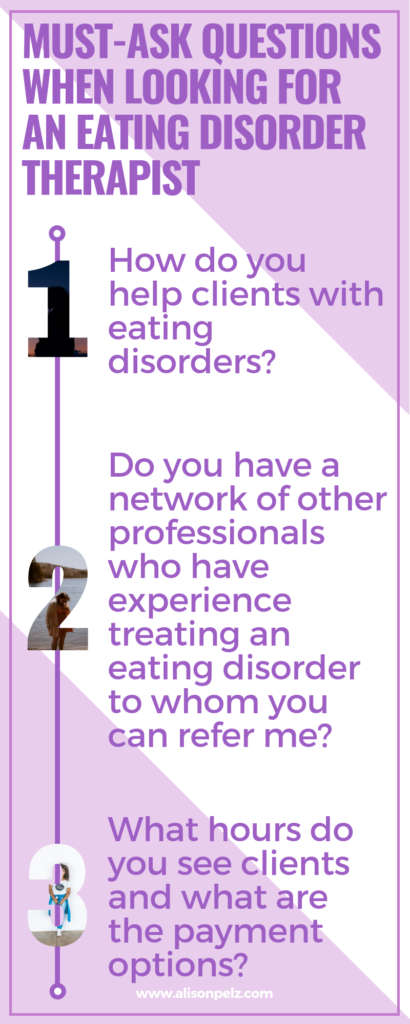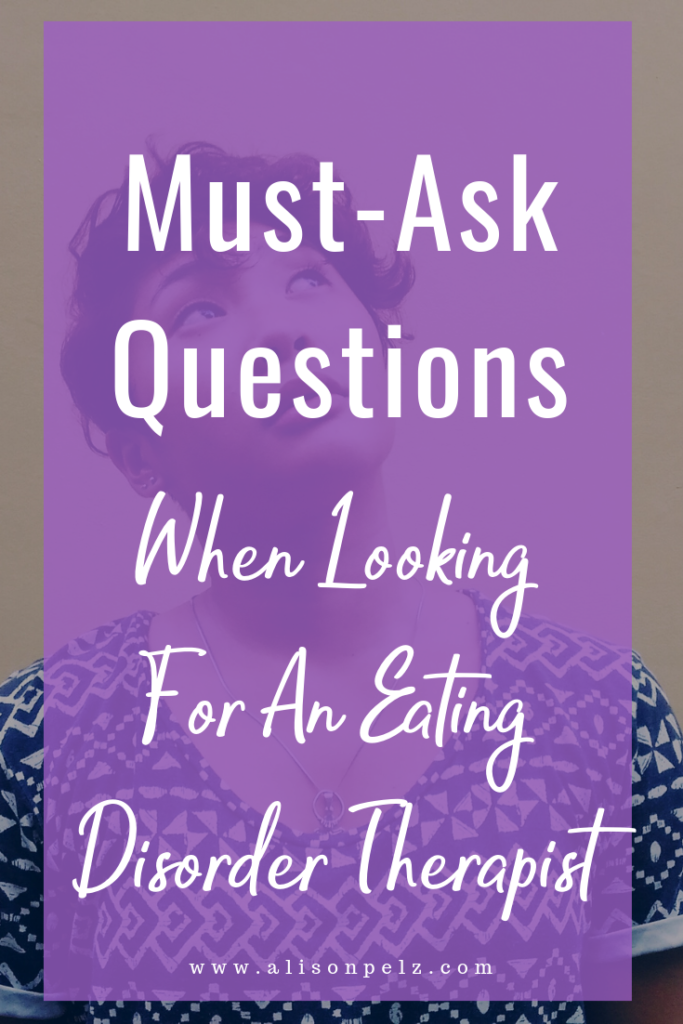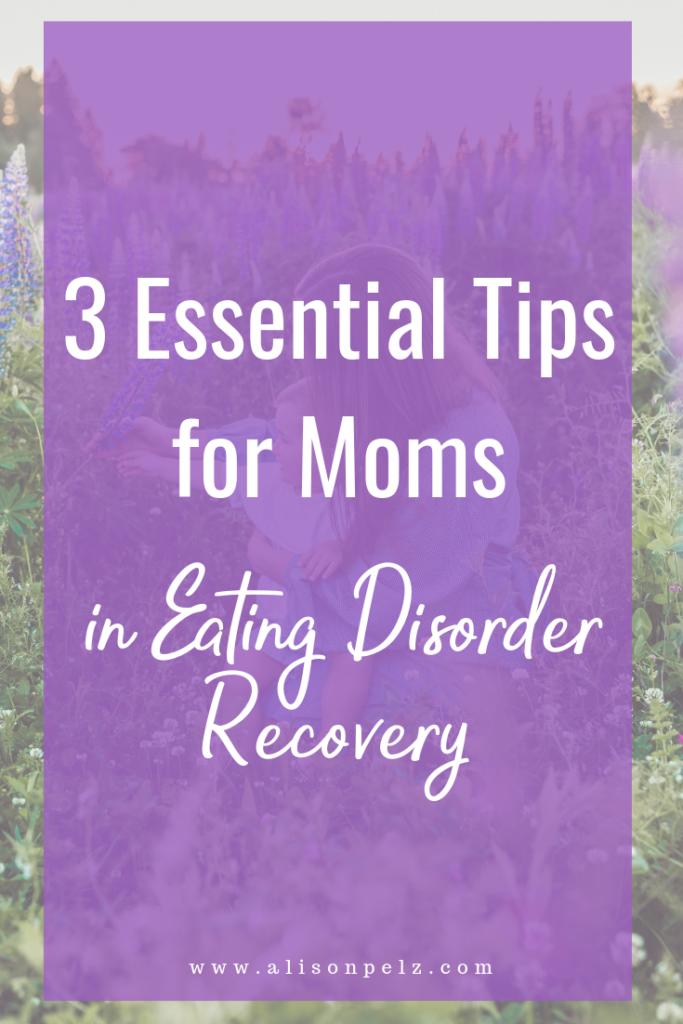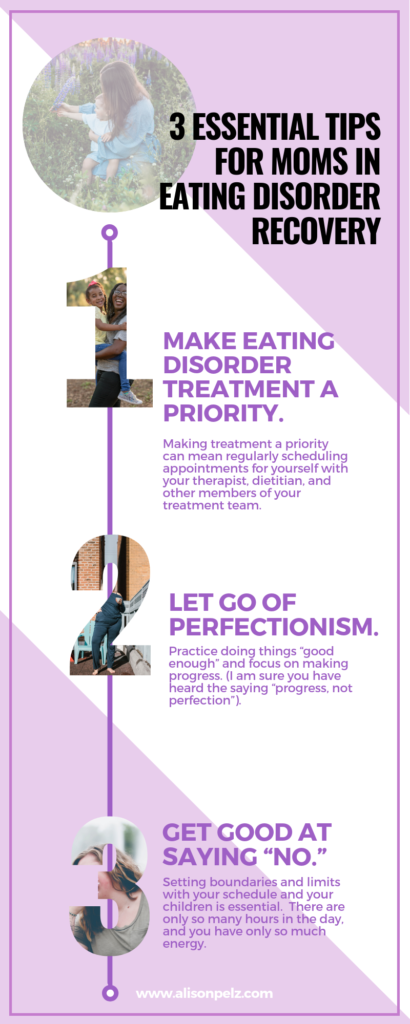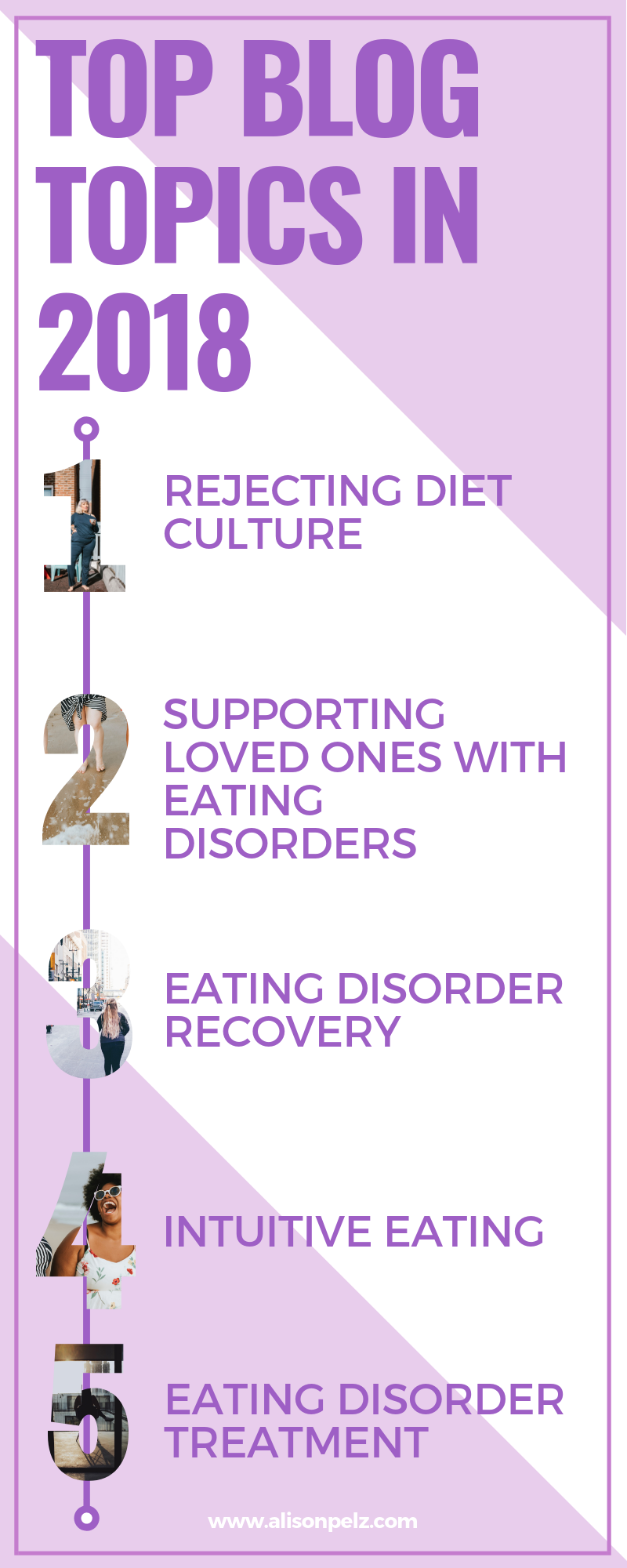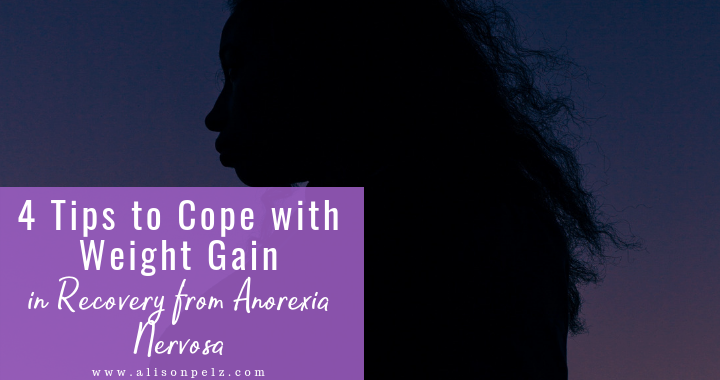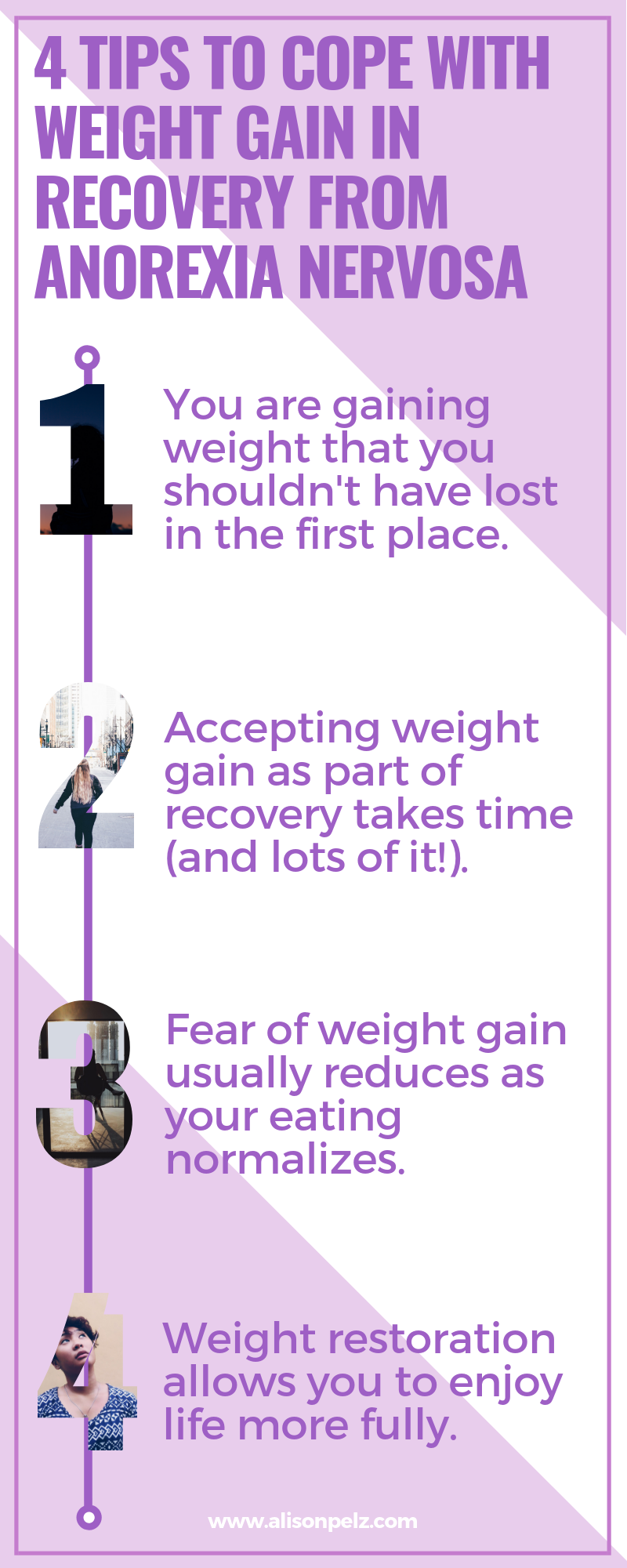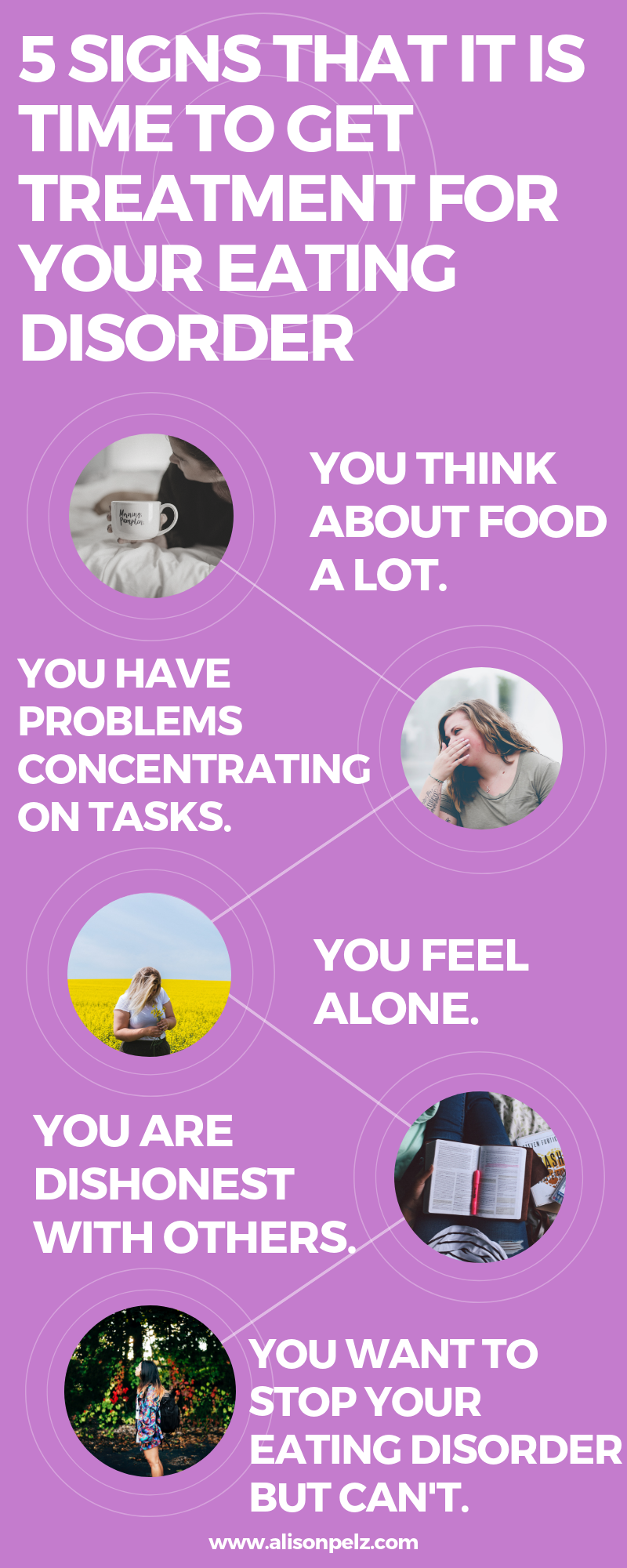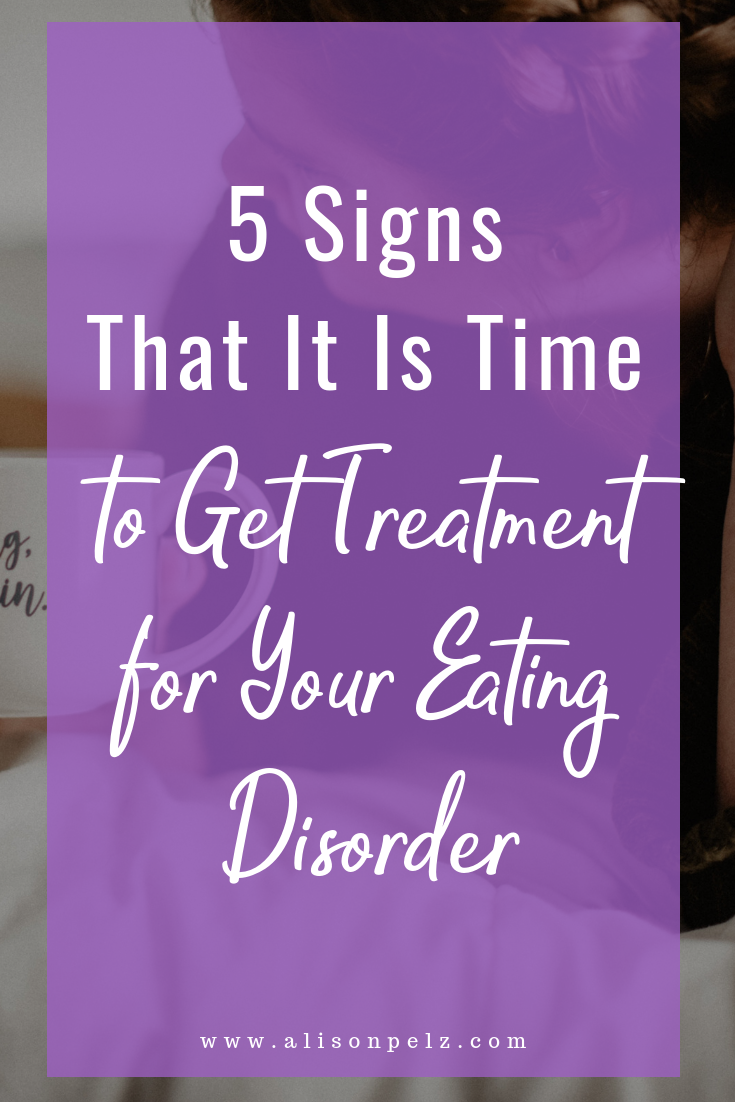Are you trying to heal your relationship with food and improve your body image? Do you feel like everywhere you turn, there is talk about what you should or shouldn’t be eating? Whether you have an eating disorder or have been on the diet roller coaster, you are probably overwhelmed with diet culture.
Our social media feeds are littered with “fitspiration” images, diet trends, and the like.
We hear messages from well-meaning friends, family, fitness instructors, news sources, and the medical community about dieting. Furthermore, it is socially acceptable for women (and now men, too) to bash our bodies and talk about dieting.
In the world of eating disorder treatment, the constant barrage of messages about dieting and how we should look is termed “diet culture.” Diet culture is alive and well in our country. It can be damaging for those who struggle with an eating disorder because it perpetuates the eating disorder.
For those dieting, it can make you feel like a constant failure because diets don’t actually work. Furthermore, dieting is a risk factor for developing an eating disorder.
Diet culture makes us question how we feed ourselves.
It makes us feel disconnected from our bodies and food. Also, it makes us reinforce the habit of comparing ourselves to others to see how we are supposed to look and feed ourselves. It teaches us to ignore our bodies’ cues of hunger, fullness and food choices. Let’s face it-diet culture can make us feel downright nutty at time, leading to a preoccupation with food and weight or even a full-blown eating disorder.
Rejecting the diet culture is a key step in healing your relationship with food. If you are trying to get off the diet roller coaster or are in recovery from an eating disorder, rejecting the diet culture is an important step in your healing.
Diet culture is everywhere, but there are things you can do to avoid its destructive path:
Identify diet culture.
When you see, hear, or read diet culture, name it.
For example, let’s say you are eating dinner with a friend and she says to you, “I am going to have to work out double tomorrow I because I am eating so much.” Normally, you may think to yourself, “Gosh, she is right. We are eating a lot” or “I guess I need to, too.” Rather than continuing on with the diet narrative or talk, say to yourself, “This is diet talk, and it is not helpful to me.” Labeling the thought as “not helpful” prevents you from going down the rabbit hole of diet culture.
Clean-up your social media feeds.
Delete and unsubscribe from folks who promote dieting, and weight loss. Cleaning up your social media feed will significantly reduce the amount of messaging you get about dieting. Avoid “health” and fitness magazines because the whole purpose of these magazines is to sell diet culture!
Seek out and support messaging that is body positive and discourages dieting.
Once you have decluttered your social media feed and inbox from diet talk, stock up with messages that you find helpful. That could mean following folks like Christy Harrison, an intuitive eating coach, and anti-diet dietitian. Or follow Judith Matz, a therapist and author who supports the anti-diet movement. It could also mean subscribing to more things that “fill you up” and make you happy. These could be things like hobbies, travel, support groups, inspirational post, or humor.
Set boundaries with friends and family.
You may come from a family of chronic dieters where diet talk is the norm. But maybe don’t know how to get the conversation headed in a different direction. Diet culture may be pushed on you with simple yet well intended statements like “You shouldn’t eat that,” “Let’s skip dinner tonight,” or “What is the calorie count on this?” Or maybe you are a college student on a campus where diet culture and eating disorders often run rampant. Here are a few ideas to set boundaries up around diet talk. Simply don’t engage in the conversation either by ignoring the comment or changing the subject. Depending on your relationship with the person, you may say something like, “These types of conversations aren’t helpful for me. Let’s talk about something else.” If you struggle setting boundaries, consider the workbook Setting Boundaries without Guilt.
You may feel ambivalent about rejecting diet culture.
Perhaps you are worried about missing the opportunity to find the “magic bullet” to perfect eating. But if you are reading this post, chances are that succumbing to diet culture has made you feel miserable. Since diet culture is everywhere, it is going to take time, patience, and practice to tune it out. However, there will be a huge payoff. It will result in less preoccupation with food, weight, and shape, so you can spend your energy on things that matter most to you.

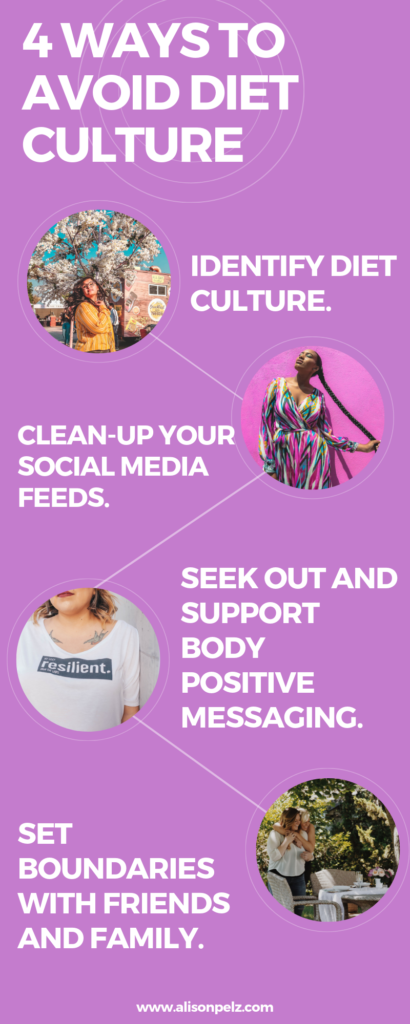 ,
,

